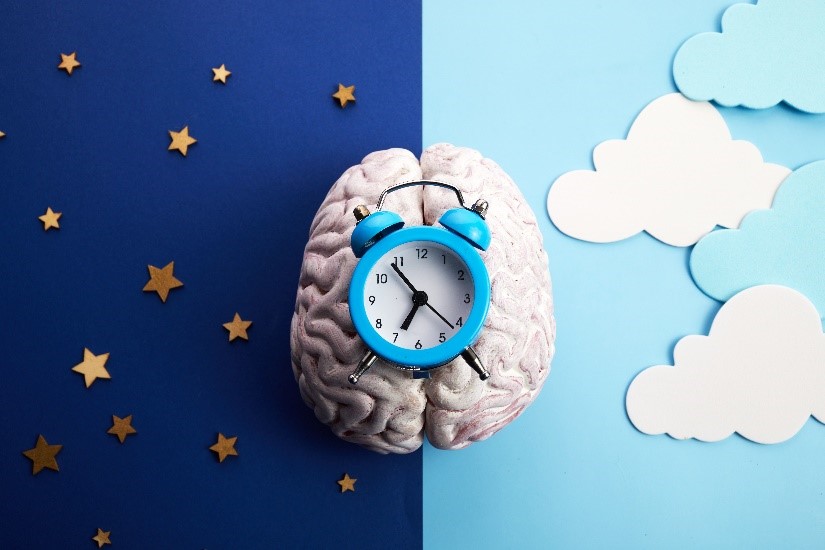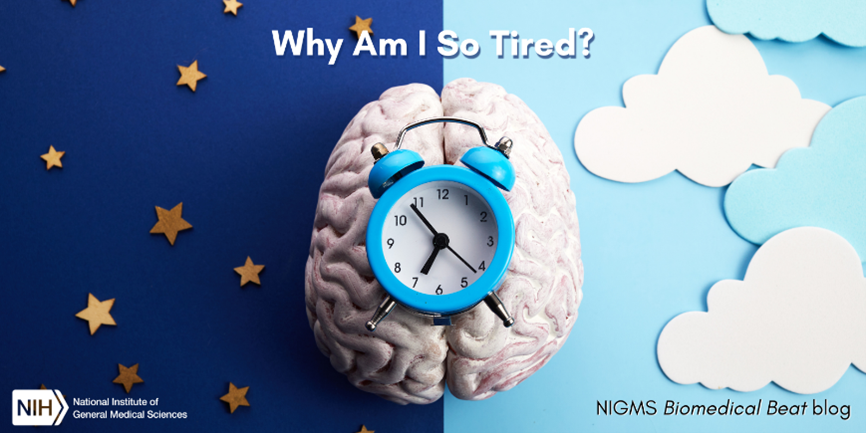
If you struggle to wake up in time for school or work or feel drowsy during a trip abroad, your circadian rhythms may be out of sync with your environment. Circadian rhythms are your internal timekeepers, and almost all organisms, from bacteria to plants and animals, have them. You can’t see them, but you can feel their effects—they control when you get sleepy, when you wake up in the morning, and when you feel hungry. Among other signals, the brain uses sunlight to keep time.
Changing Circadian Rhythms
Exposure to light at night can alter your circadian rhythms or sleep cycle. In particular, artificial light from a phone or computer screen tricks your brain into thinking it’s still daytime, which delays the release of important hormones, such as melatonin, that your body needs to start to wind down in the evening. This delayed release can leave you with impaired judgment and difficulty learning or focusing and will likely make waking up in the morning even harder than usual. Some experts suggest turning off your devices at least 30 minutes before bedtime to avoid this problem.
Astronauts on the International Space Station can’t rely on the sun to cue their bodies for bed because they get 16 sunrises and sunsets each day as they orbit Earth! See what Expedition 55/56 flight engineer Ricky Arnold has to say about the importance of sleep and how he makes sure to get enough of it in space.
Traveling to a different time zone is a common cause for your circadian rhythms to fall out of sync with your environment. When you arrive at your destination, your internal clock is still aligned with the day/night cycle of the time zone you left. This causes jet lag—feelings of grogginess and difficulty staying awake during the day or sleeping at night. Eventually, your brain will use the signals it receives from the sun to adjust itself to this new schedule.
There are many other possible causes of circadian rhythm disruption, such as working the night shift, experiencing stress, and having certain variants of some genes. NIGMS supports research on circadian rhythms, including looking for ways to relieve the symptoms caused when these internal timekeepers don’t align with the environment. For more information, check out our circadian rhythms fact sheet.

This post is a great supplement to Pathways: The Circadian Rhythms Issue.
Both resources give students an introduction to the science of sleep and the body’s daily rhythms.
Learn more in our Educator’s Corner.







